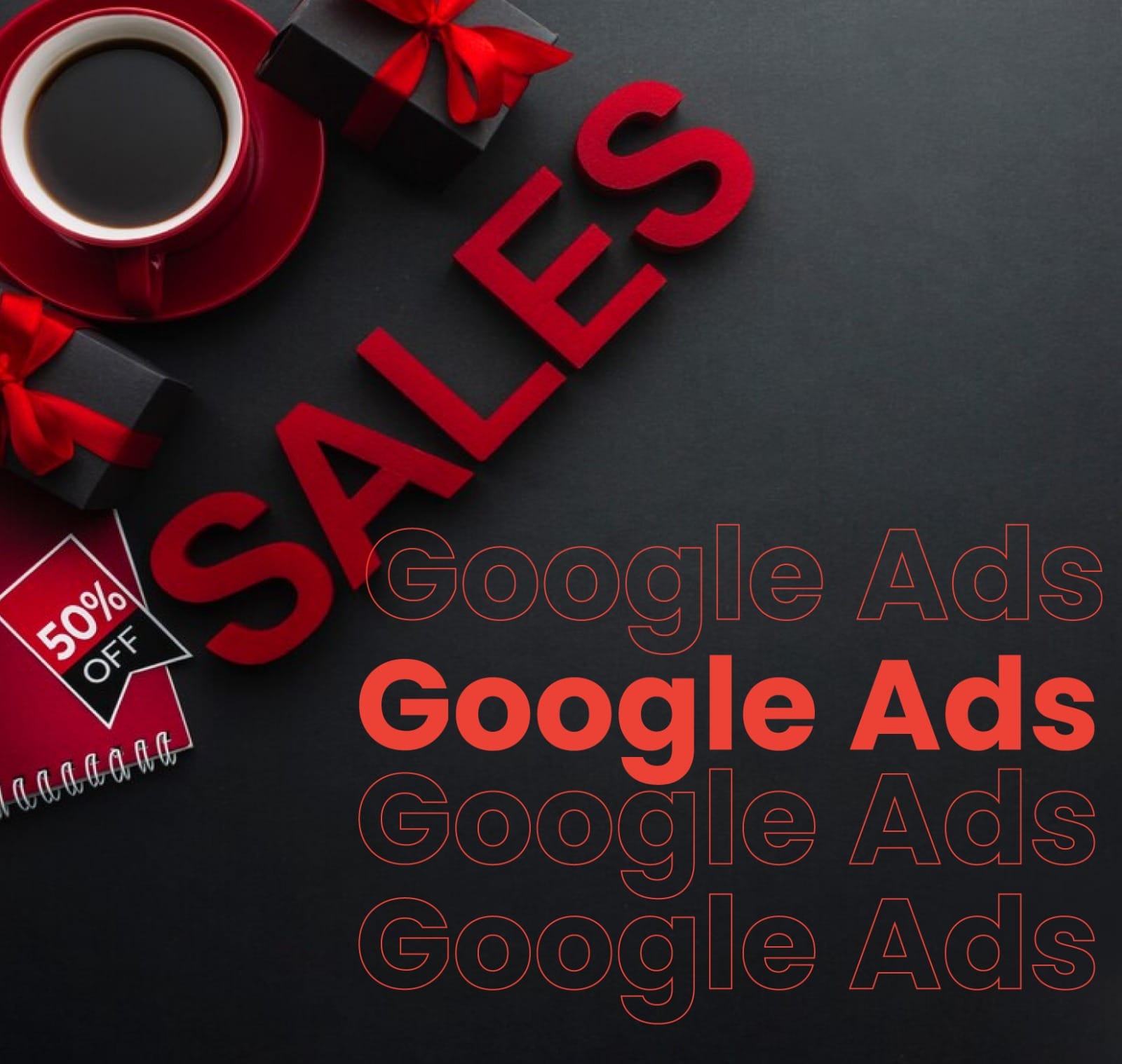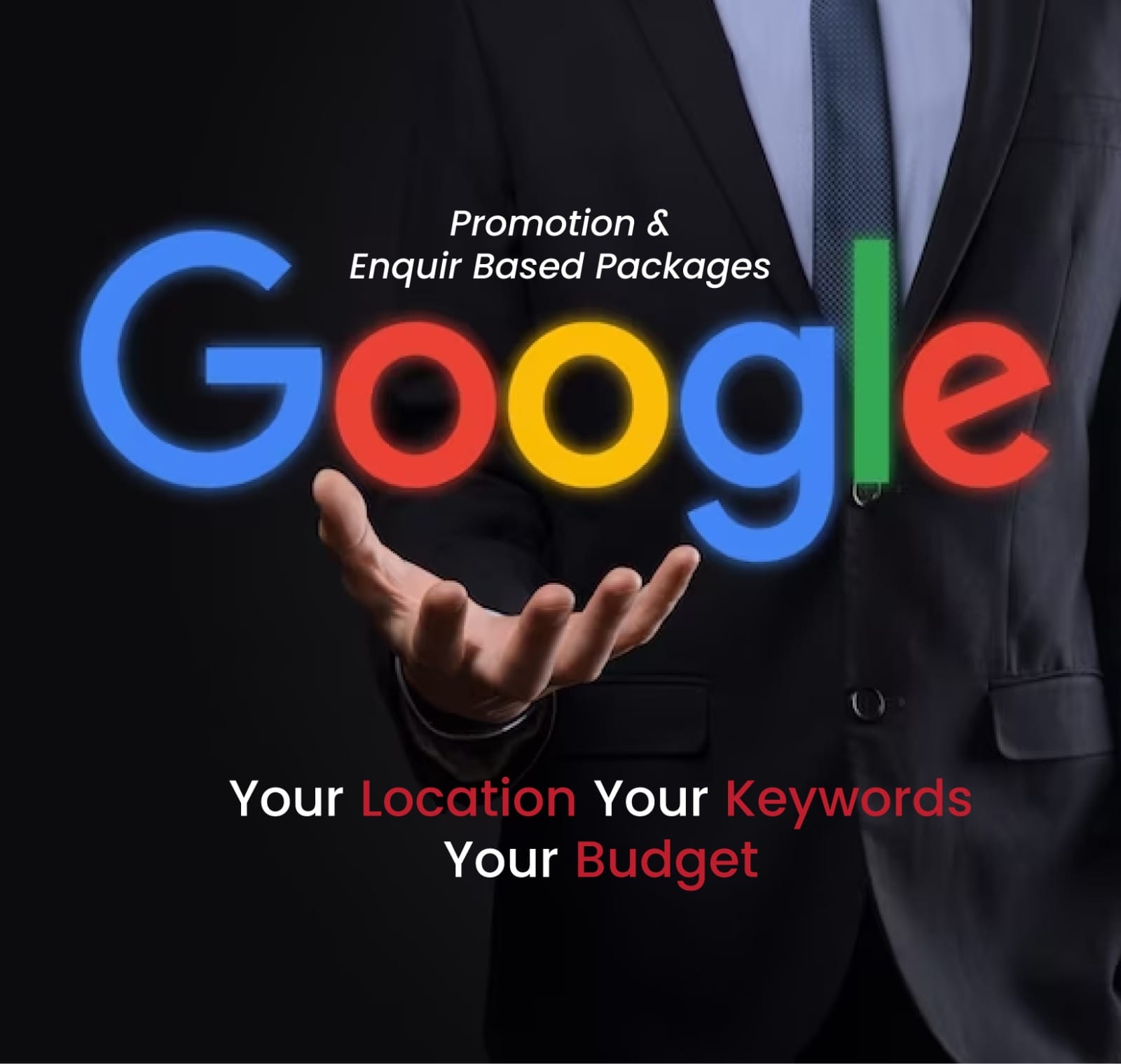
Here's a quick rundown of Google Ads
Google Ads is an online advertising platform developed by Google that
allows businesses to reach potential customers across the web. It works on a pay-per-click (PPC) model,
so
you only pay when someone clicks on your ad.
Benefits
Targeted reach : Reach people actively searching for your
products or services with relevant keywords.
Increased brand awareness: Get your brand seen by a wider
audience.
Measurable results: Track the performance of your campaigns
and see what's working.
Control your budget: Set a budget that fits your needs.
Ad formats
Search Network: Text ads displayed on Google Search Engine
Results Pages (SERPs)
Display Network: Banner ads placed on various websites across
the web.
Shopping Ads: Product listings with images and prices
displayed on Google Shopping and other platforms.
Video Ads: Short video ads displayed on YouTube and other
video websites.
App Ads: Ads promoting your app displayed on Google Play and
other app stores.


Additionally, Google Ads gives you full control of your budget,
allowing you to set a monthly budget and adjust it at any time. You can also get recommendations and
measure results to make the most of your ad spend.
Best Practices for Google
Ads
Keyword Research: Use tools like Google Keyword Planner to
find relevant keywords with good search volume and low competition.
Ad Quality: Write compelling ad copy that includes keywords, a
clear call to action, and unique selling points.
Landing Page Optimization: Ensure that your landing page is
relevant to the ad, loads quickly, and offers a good user experience.
A/B Testing: Regularly test different ad copies, images, and
strategies to find out what works best.
Monitor and Adjust: Continuously monitor the performance of
your ads and make adjustments based on data and insights.
How to Get Started with Google
Ads
Create an Account: Sign up for a Google Ads account.
Set Goals: Define what you want to achieve with your campaigns
(e.g., drive traffic, generate leads, increase sales).
Choose Campaign Type: Select the type of campaign that aligns
with your goals (Search, Display, Shopping, Video, or App).
Set Budget and Bids: Determine how much you want to spend and
how you want to pay (e.g., CPC, CPM).
Create Ads: Develop your ads, including writing ad copy,
choosing images/videos, and setting up keywords or audience targeting.
Launch and Monitor: Launch your campaign and use Google Ads
tools to monitor performance and make necessary adjustments.
Google Ads can be a powerful tool for businesses looking to increase
visibility, drive traffic, and achieve specific marketing goals.



